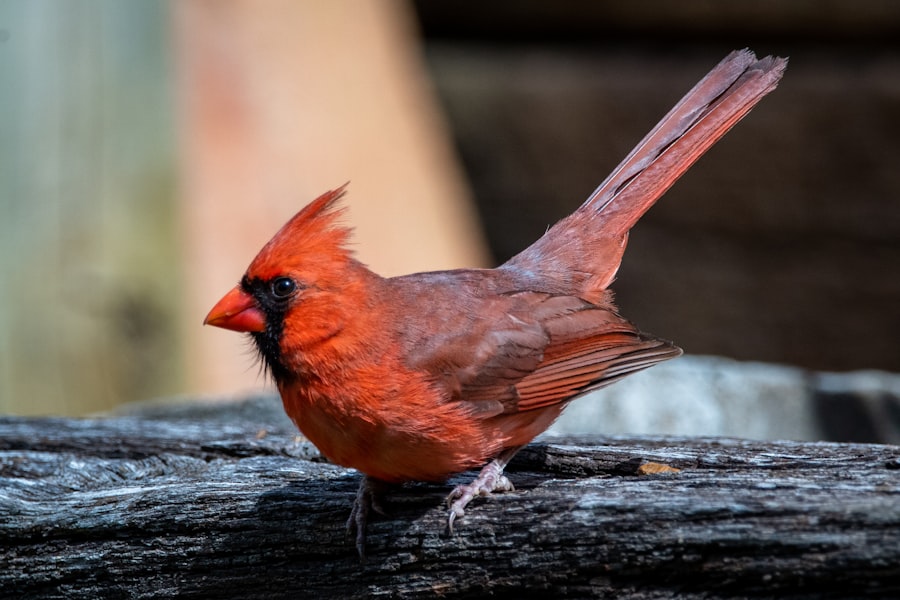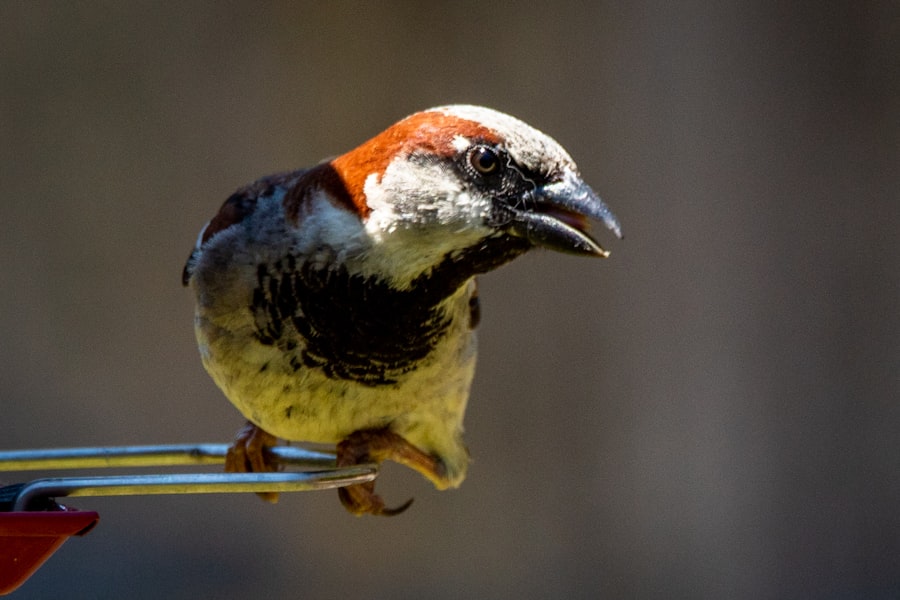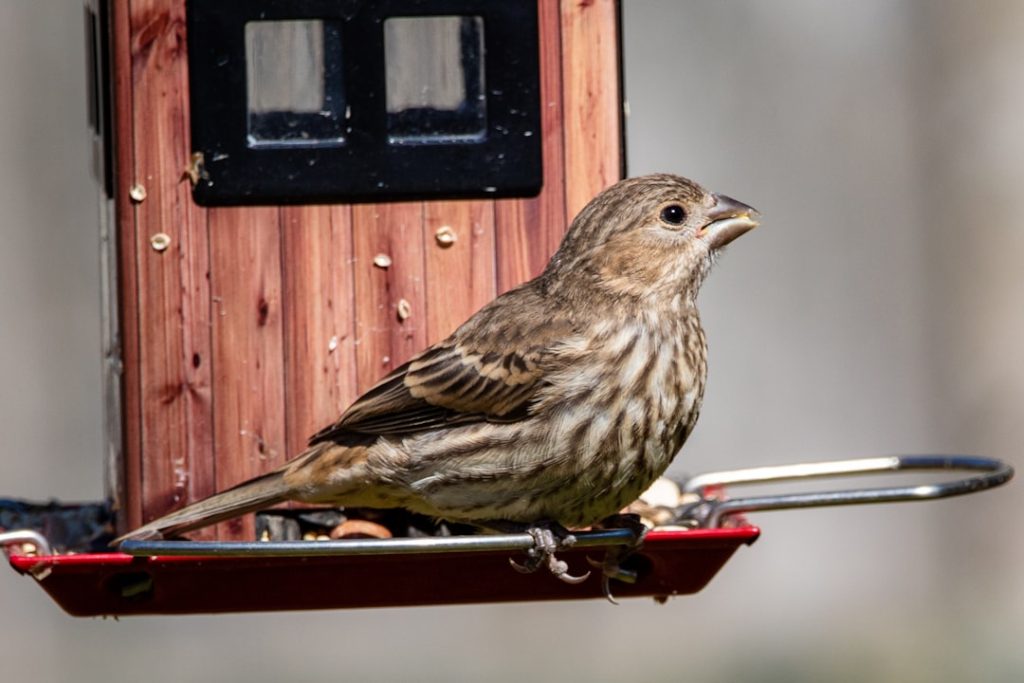When selecting chickens for a backyard flock, several factors should be considered. The primary consideration is the intended purpose: egg production, meat production, or dual-purpose breeds. Each category has distinct characteristics and requirements.
For egg production, breeds such as Rhode Island Red, Leghorn, and Australorp are known for their high laying capacity. Meat birds like Cornish Cross and Freedom Ranger are bred for rapid growth and meat quality. Dual-purpose breeds, including Plymouth Rock and Orpington, provide both eggs and meat.
Climate and environment play crucial roles in breed selection. Some chickens are better adapted to cold weather, while others thrive in warmer conditions. It is essential to choose breeds suited to the local climate.
Temperament and behavior are also important factors. Some breeds are docile and friendly, making them suitable for families with children or novice chicken keepers. Others may be more independent or flighty, requiring more space and less handling.
The ideal breed for a backyard flock depends on specific goals, environmental conditions, and personal preferences. Thorough research into different breeds’ characteristics will help ensure a successful and satisfying chicken-keeping experience.
Table of Contents
- 1 Building a suitable coop and run
- 2 Providing proper nutrition and water
- 3 Ensuring adequate space and ventilation
- 4 Maintaining cleanliness and hygiene
- 5 Protecting against predators
- 6 Monitoring and caring for the chickens’ health
- 7 FAQs
- 7.1 What are the basic requirements for keeping chickens at home?
- 7.2 What type of coop is suitable for keeping chickens at home?
- 7.3 What should I feed my chickens at home?
- 7.4 How do I keep my chickens safe from predators at home?
- 7.5 What are the basic health considerations for keeping chickens at home?
- 7.6 How do I care for chicken eggs at home?
Key Takeaways
- Consider the climate, purpose, and space available when choosing the right breed of chickens for your flock
- Build a coop and run that provides enough space for the chickens to move around and includes proper ventilation and protection from predators
- Provide a balanced diet and access to clean water to ensure the chickens’ proper nutrition and hydration
- Ensure adequate space and ventilation in the coop to prevent overcrowding and maintain good air quality
- Regularly clean the coop and run to prevent the buildup of waste and bacteria, and to promote good hygiene for the chickens
- Implement measures such as secure fencing and predator-proofing the coop to protect the chickens from potential threats
- Monitor the chickens’ health regularly and seek veterinary care when needed to ensure their well-being
Building a suitable coop and run
The Importance of a Coop
The coop serves as a shelter for the chickens, protecting them from predators, weather elements, and providing a safe place for them to roost and lay eggs. When building a coop, it’s important to consider factors such as size, ventilation, insulation, and predator-proofing.
Coop Design Considerations
The size of the coop will depend on the number of chickens you plan to keep. As a general rule of thumb, each chicken should have at least 2-3 square feet of space inside the coop. Additionally, the coop should be well-ventilated to prevent moisture buildup and ensure good air circulation. Proper insulation is also important, especially in colder climates, to keep the chickens warm during the winter months. Finally, the coop should be predator-proof, with secure latches, sturdy construction, and hardware cloth to prevent access from predators like raccoons, foxes, and birds of prey.
The Role of a Run
In addition to the coop, a run provides outdoor space for the chickens to roam, scratch, and peck. The run should be spacious enough to allow for exercise and natural behaviors, with at least 8-10 square feet per chicken. It should also be covered with wire mesh or netting to protect the chickens from aerial predators.
Creating a Safe and Comfortable Living Environment
By providing a suitable coop and run for your backyard flock, you can ensure that your chickens have a safe and comfortable living environment.
Providing proper nutrition and water

Proper nutrition is essential for the health and well-being of your backyard flock. Chickens require a balanced diet that includes protein, carbohydrates, fats, vitamins, and minerals to support growth, egg production, and overall health. When it comes to feeding your chickens, there are several options to consider, including commercial feed, kitchen scraps, and foraging.
Commercial feed is formulated to meet the nutritional needs of chickens at different stages of life, including starter feed for chicks, grower feed for young chickens, and layer feed for hens. It’s important to choose a high-quality feed that is appropriate for your chickens’ age and purpose (e.g., egg laying or meat production). Additionally, providing access to fresh water at all times is crucial for hydration and digestion.
In addition to commercial feed, kitchen scraps can be a nutritious supplement to your chickens’ diet. Fruits, vegetables, grains, and protein sources like eggs or mealworms can provide additional nutrients and variety. However, it’s important to avoid feeding chickens foods that are toxic or harmful to their health, such as avocado pits or raw beans.
Foraging is another natural way for chickens to supplement their diet with insects, plants, and seeds. Allowing your chickens access to a pasture or outdoor area where they can forage can provide mental stimulation and natural nutrition. By providing proper nutrition and access to fresh water, you can ensure that your backyard flock remains healthy and productive.
Ensuring adequate space and ventilation
Adequate space and ventilation are crucial aspects of maintaining a healthy environment for your backyard flock. Chickens require enough space to move around freely, exercise natural behaviors like scratching and dust bathing, and establish a pecking order without overcrowding or stress. Overcrowding can lead to aggression, feather picking, disease transmission, and reduced egg production.
As a general guideline, each chicken should have at least 4 square feet of space in the coop and 8-10 square feet in the run. However, more space is always better if possible. Additionally, providing multiple roosting bars at different heights can help prevent competition for space and promote natural perching behaviors.
Proper ventilation is also essential for maintaining good air quality inside the coop and run. Ventilation helps remove excess moisture, ammonia from droppings, dust particles, and odors that can lead to respiratory issues and other health problems in chickens. Ventilation can be achieved through windows, vents, or openings near the roof or eaves of the coop to allow for air circulation without creating drafts.
By ensuring adequate space and ventilation for your backyard flock, you can promote their physical and mental well-being while reducing the risk of health issues associated with overcrowding and poor air quality.
Maintaining cleanliness and hygiene
Maintaining cleanliness and hygiene in the coop and run is essential for preventing disease transmission and promoting the health of your backyard flock. Regular cleaning helps remove droppings, soiled bedding, feathers, and food waste that can attract pests like flies and rodents while creating an unsanitary environment for the chickens. Cleaning the coop involves removing soiled bedding from the floor and nesting boxes regularly and replacing it with fresh bedding material like straw or wood shavings.
Additionally, scrubbing surfaces with a mild detergent or natural cleaning solution can help remove bacteria and parasites that may be present in the coop. In the run, regularly raking or turning over the soil can help prevent the buildup of waste materials while allowing forage plants to regrow. Providing dust baths with sand or diatomaceous earth can also help chickens keep themselves clean while controlling parasites like mites or lice.
Proper waste management is also important for maintaining cleanliness in the coop and run. Composting manure from the coop can help reduce odor and pathogens while creating nutrient-rich fertilizer for gardens or landscaping. By maintaining cleanliness and hygiene in the coop and run, you can create a healthy living environment for your backyard flock while reducing the risk of disease outbreaks.
Protecting against predators

Secure Fencing: A Key to Predator Protection
Fencing is one of the most effective ways to keep predators out of the coop and run. Use sturdy wire mesh or hardware cloth with small openings to prevent access from digging animals like raccoons or burrowing predators like foxes. Additionally, burying wire mesh underground around the perimeter of the coop can help deter digging predators.
Predator-Proofing the Coop and Run
Predator-proofing the coop involves securing all openings with strong latches or locks that predators cannot easily manipulate. Reinforcing doors, windows, vents, and other potential entry points with hardware cloth can help prevent access from determined predators. Using deterrents like motion-activated lights or sound devices can help scare off nocturnal predators like raccoons or owls.
Additional Strategies for Predator Protection
Additionally, using reflective materials or scarecrows in the garden can help deter birds of prey from targeting free-ranging chickens. Supervising free-range time can also help protect chickens from predators while allowing them to enjoy natural behaviors like foraging. Supervision allows you to intervene if a predator approaches while also providing an opportunity to observe any potential threats in the area.
By implementing these strategies to protect against predators, you can create a safe environment for your backyard flock while reducing the risk of losses due to predation.
Monitoring and caring for the chickens’ health
Monitoring and caring for the health of your backyard flock is essential for early detection of potential issues and prompt intervention when necessary. Regular observation of your chickens’ behavior, appearance, egg production, appetite, droppings, and overall condition can provide valuable insights into their health status. Signs of good health in chickens include bright eyes, alertness, glossy feathers, active behavior, good appetite, normal droppings (firm with white urates), and consistent egg production (for laying hens).
Any changes in these indicators may signal an underlying health issue that requires attention. Common health issues in chickens include respiratory infections (e.g., sneezing or coughing), parasites (e.g., mites or lice), digestive problems (e.g., diarrhea), injuries (e.g., wounds or limping), reproductive issues (e.g., egg binding), or signs of stress (e.g., feather picking). If you notice any abnormal behavior or symptoms in your chickens, it’s important to consult with a veterinarian or experienced poultry keeper for guidance on diagnosis and treatment.
In addition to observation, providing regular preventive care such as vaccinations (e.g., against Marek’s disease), deworming treatments (e.g., using poultry-safe dewormers), parasite control (e.g., dust baths with diatomaceous earth), and proper nutrition can help maintain good health in your backyard flock. By monitoring and caring for the health of your chickens proactively, you can ensure that they receive timely attention when needed while promoting their overall well-being as part of your backyard flock management practices.
If you’re interested in keeping chickens at home, you may also want to learn about the mating season for turkeys. Understanding the breeding habits of turkeys can provide valuable insight into the care and management of poultry. Check out this article for more information on this topic.
FAQs
What are the basic requirements for keeping chickens at home?
To keep chickens at home, you will need a secure and predator-proof coop, access to fresh water, a balanced diet of chicken feed, and a suitable outdoor space for them to roam and forage.
What type of coop is suitable for keeping chickens at home?
A suitable coop for keeping chickens at home should provide at least 2-3 square feet of space per bird, be well-ventilated, have nesting boxes for egg-laying, and be easy to clean and maintain.
What should I feed my chickens at home?
Chickens at home should be fed a balanced diet of chicken feed that includes grains, protein, vitamins, and minerals. Additionally, they can be supplemented with kitchen scraps, fruits, and vegetables.
How do I keep my chickens safe from predators at home?
To keep chickens safe from predators at home, it is important to secure the coop with strong wire mesh, lock the coop at night, and provide a safe outdoor area with fencing or netting to prevent access from predators.
What are the basic health considerations for keeping chickens at home?
Basic health considerations for keeping chickens at home include regular access to clean water, a clean and dry living environment, vaccinations and deworming as needed, and monitoring for signs of illness or injury. Regular veterinary check-ups are also recommended.
How do I care for chicken eggs at home?
To care for chicken eggs at home, it is important to collect them daily, store them in a cool and dry place, and clean them if necessary. It is also important to check for any cracked or damaged eggs and discard them if needed.
Meet Walter, the feathered-friend fanatic of Florida! Nestled in the sunshine state, Walter struts through life with his feathered companions, clucking his way to happiness. With a coop that’s fancier than a five-star hotel, he’s the Don Juan of the chicken world. When he’s not teaching his hens to do the cha-cha, you’ll find him in a heated debate with his prized rooster, Sir Clucks-a-Lot. Walter’s poultry passion is no yolk; he’s the sunny-side-up guy you never knew you needed in your flock of friends!







